|
SURG-Africa has been looking at how to scale up access to safe surgery for rural populations in Malawi, Tanzania and Zambia, through strengthening surgical care provided by district hospitals. This has centred on regular in-service training for the surgical teams at district hospitals. Specialists from referral hospitals have visited district hospitals quarterly or bi-monthly for two years to provide mentoring, training and supervision to the local teams.
3 Comments
Due to a wider application of new technology in the health sector, the scale and the type of health data being collected are growing. Health information management systems are essential to inform policies and interventions to enhance the health and wellbeing of the population, and to support the long-term sustainability of national healthcare systems. However, in less developed countries it can be a challenge to manage data and extract key messages for policy makers in an efficient way.
A 2009 study conducted by researchers at Harvard Medical School and Cambridge Health Alliance found that 45,000 USA citizens had died every year, up to that date, as a direct result of not having any health insurance coverage. Three years later, the New England Journal of Medicine published a study stating that death rates are reduced considerably when Medicaid (free health insurance provided for the USA Government) is expanded.
So, what are the National Surgical Obstetric and Anaesthesia Plans (NSOAP) everyone is so excited about and why are they a big deal?
Throughout this Covid-19 pandemic, we have again realized that everything is related and connected. Yet, everything is dysfunctional. We have also observed, painfully, that any solution to a complex problem, surrounded by uncertainty, requires a holistic and systemic approach, with both multidisciplinary and interdisciplinary cooperation. When she was eight, Hawa tripped on her way to school. A few weeks later, part of her face fell off. No scraped knee should ever turn into a hole in a little girl’s face. Based at Radboud University Medical Centre in Nijmegen, the Netherlands, I have carried responsibility for the health economics arm of SURG-Africa, and of its predecessor COST-Africa. A large chunk of our research was dedicated to establishing the cost of providing and scaling up district-level surgery in Malawi, Zambia and Tanzania. In our studies we looked at the financial costs of all types of resources used in providing surgery, irrespective of whether or not patients pay a fee. Throughout my time at medical school I have always been interested in surgery: the impact performing surgery can have on improving quality of life, the practical nature of the discipline, and the fact that it is constantly evolving in light of favouring better outcomes for patients. It wasn’t until my transition to studies in Global Health that I discovered the realm of Global Surgery and started to comprehend the multifaceted nature of surgical service provision. “Trinity is down on the corner.” There went a man directing me to Trinity College Dublin’s main campus at the heart of Dublin city centre. It looks historical, so beautiful, so built up but also freezing cold. These were my first impressions of Dublin and my very first experience of Europe! Before I tell you more about why I found myself in Dublin, let me tell you a bit of myself. |

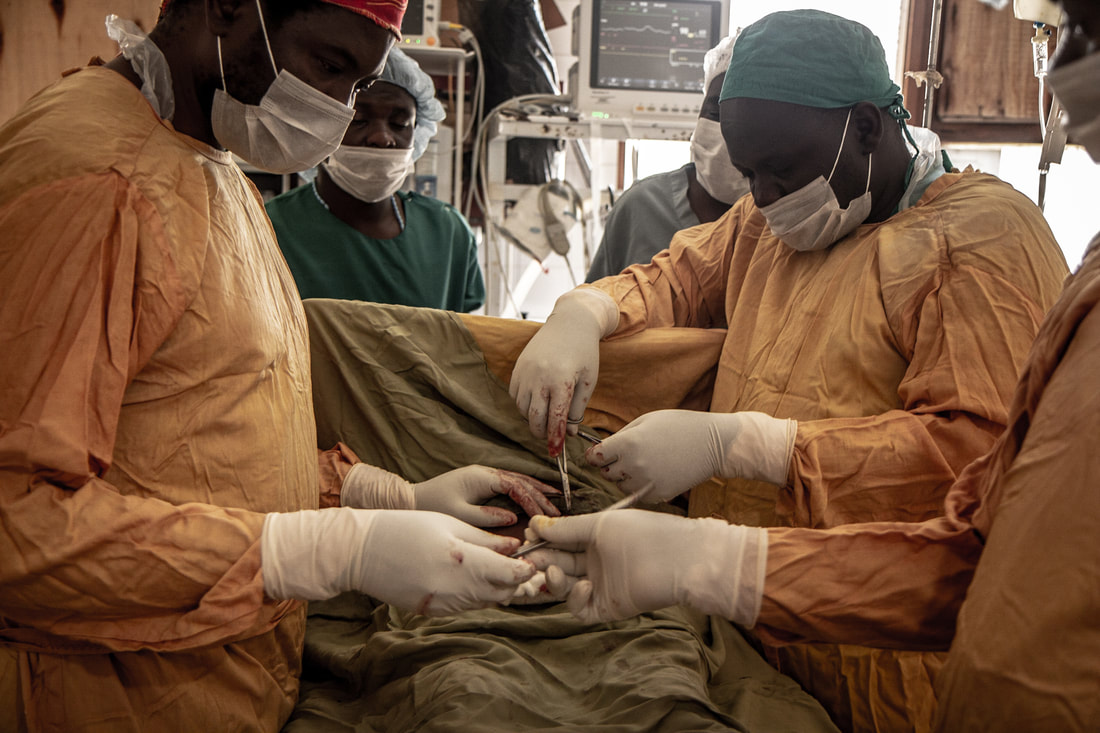
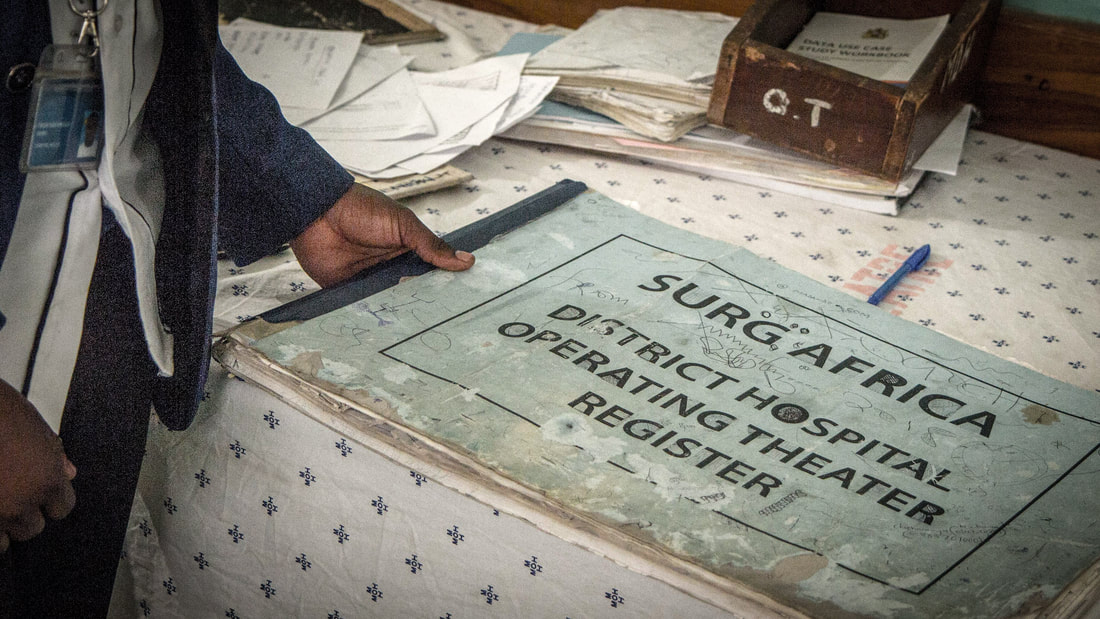

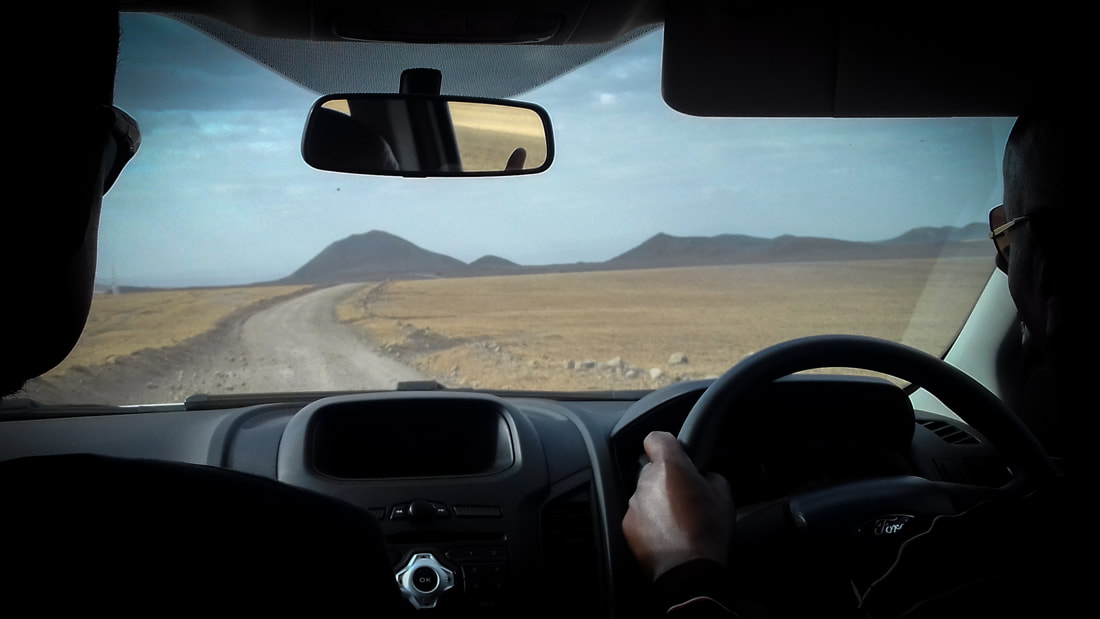
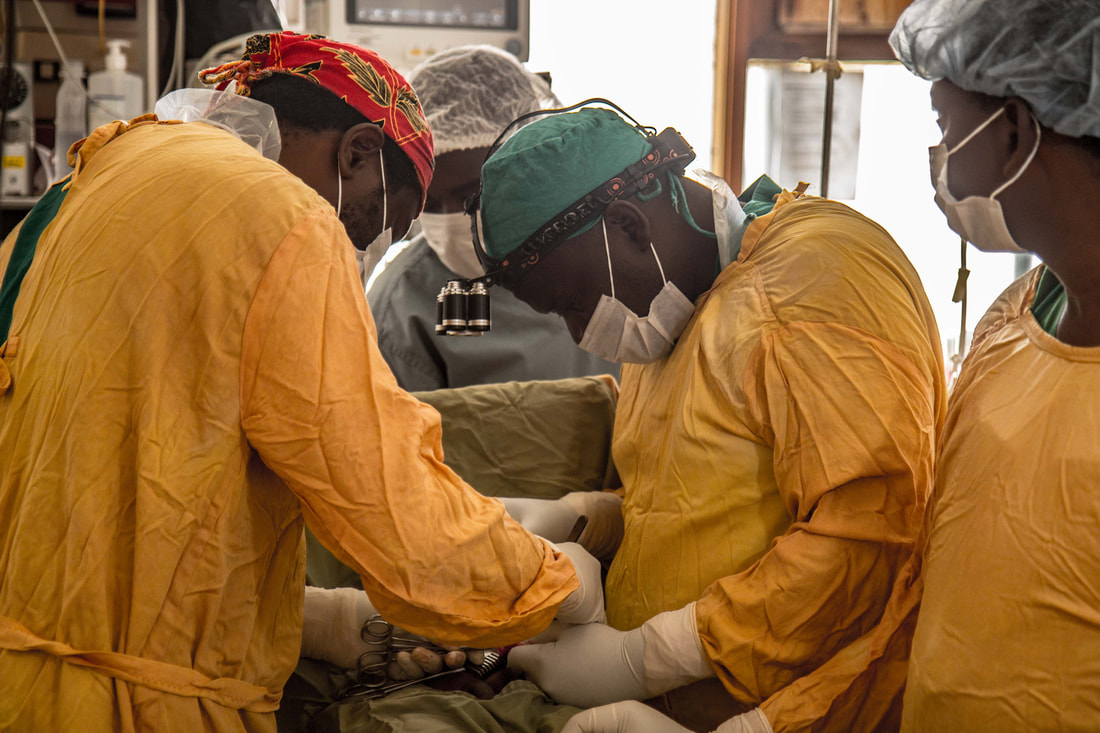
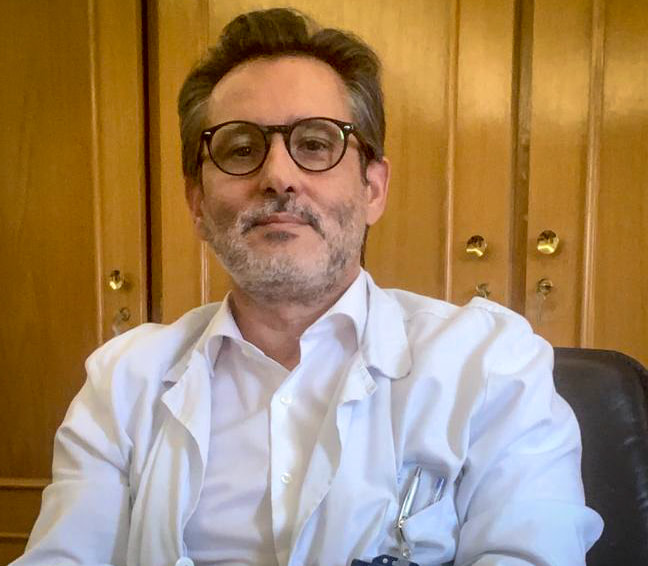
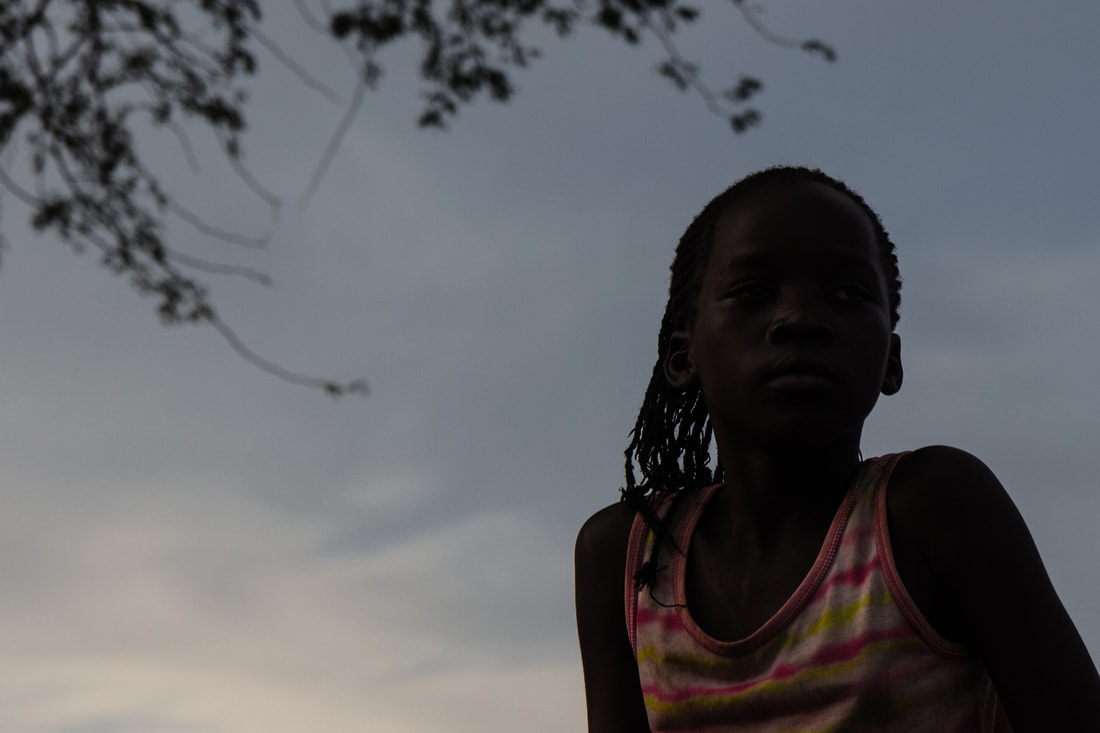
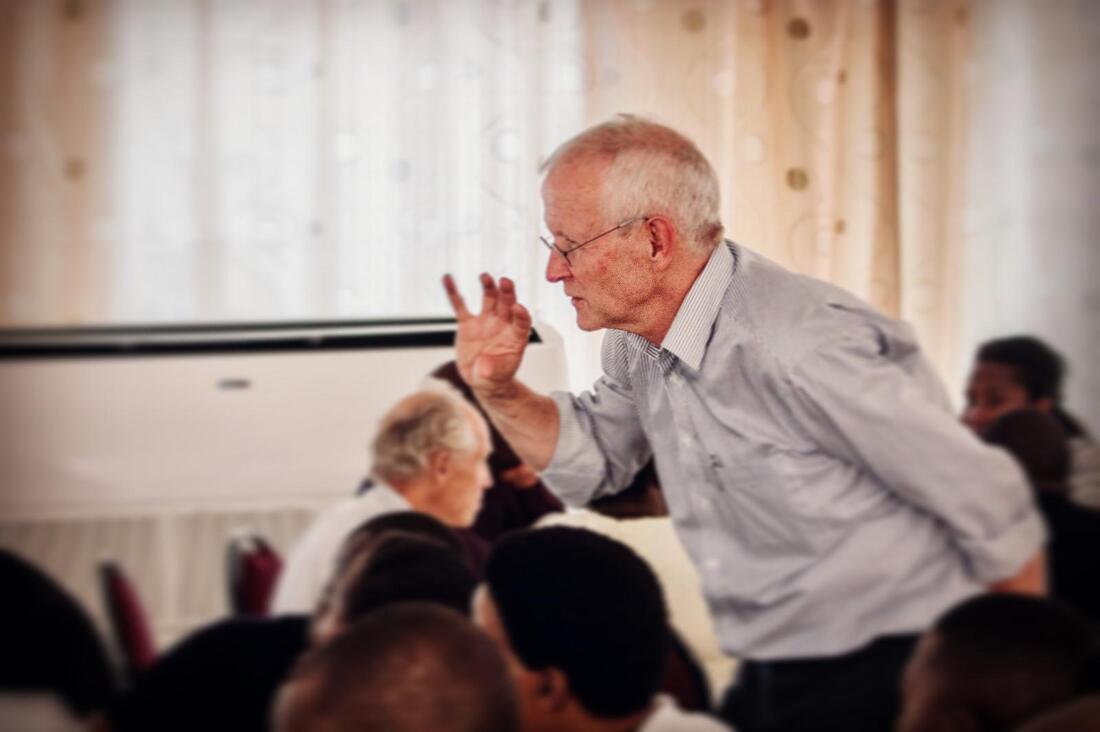
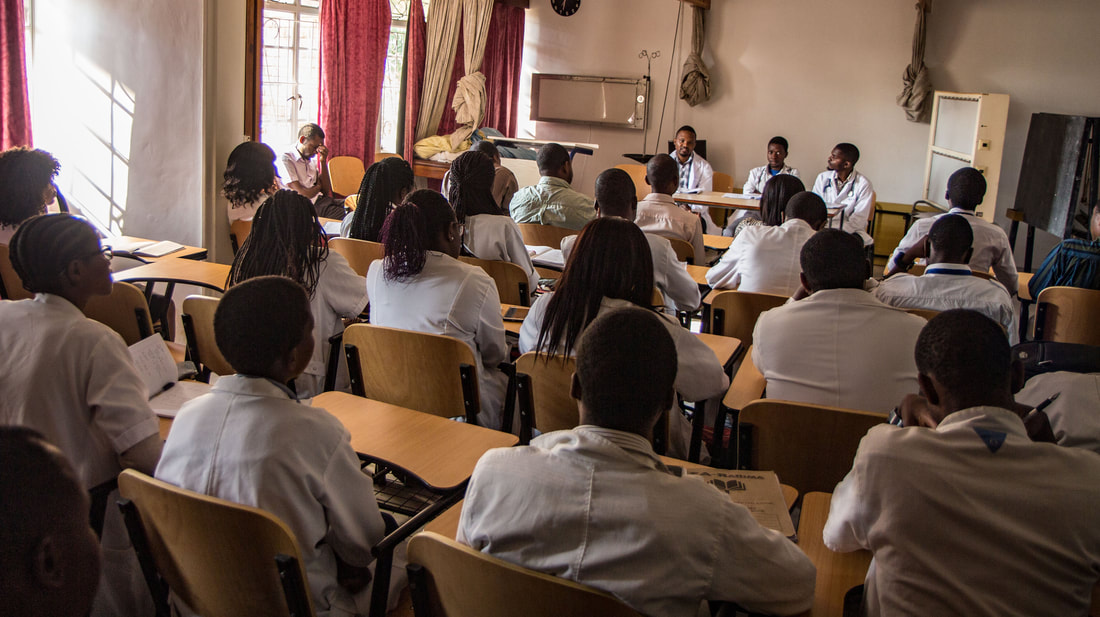
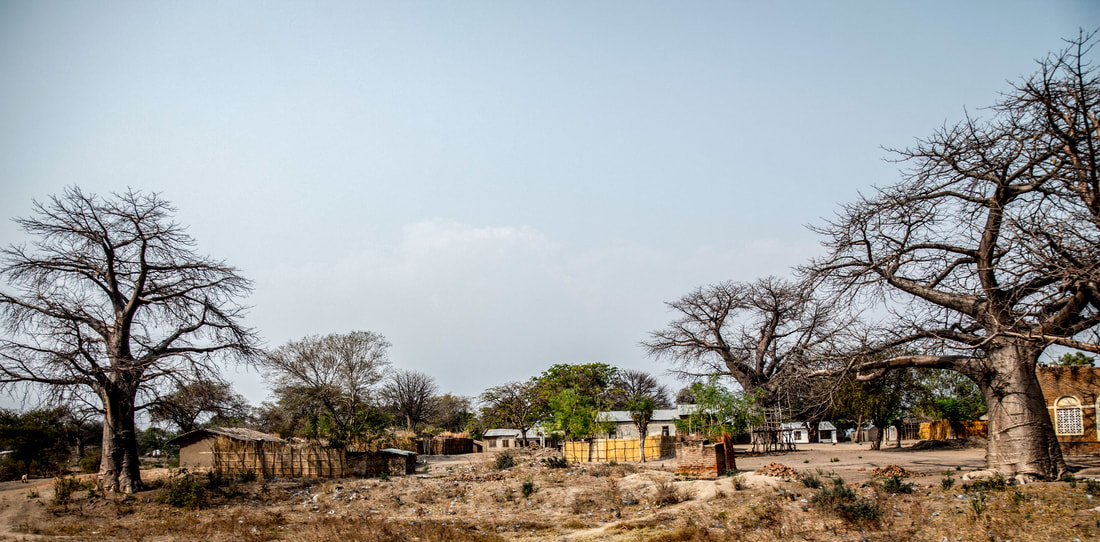
 RSS Feed
RSS Feed